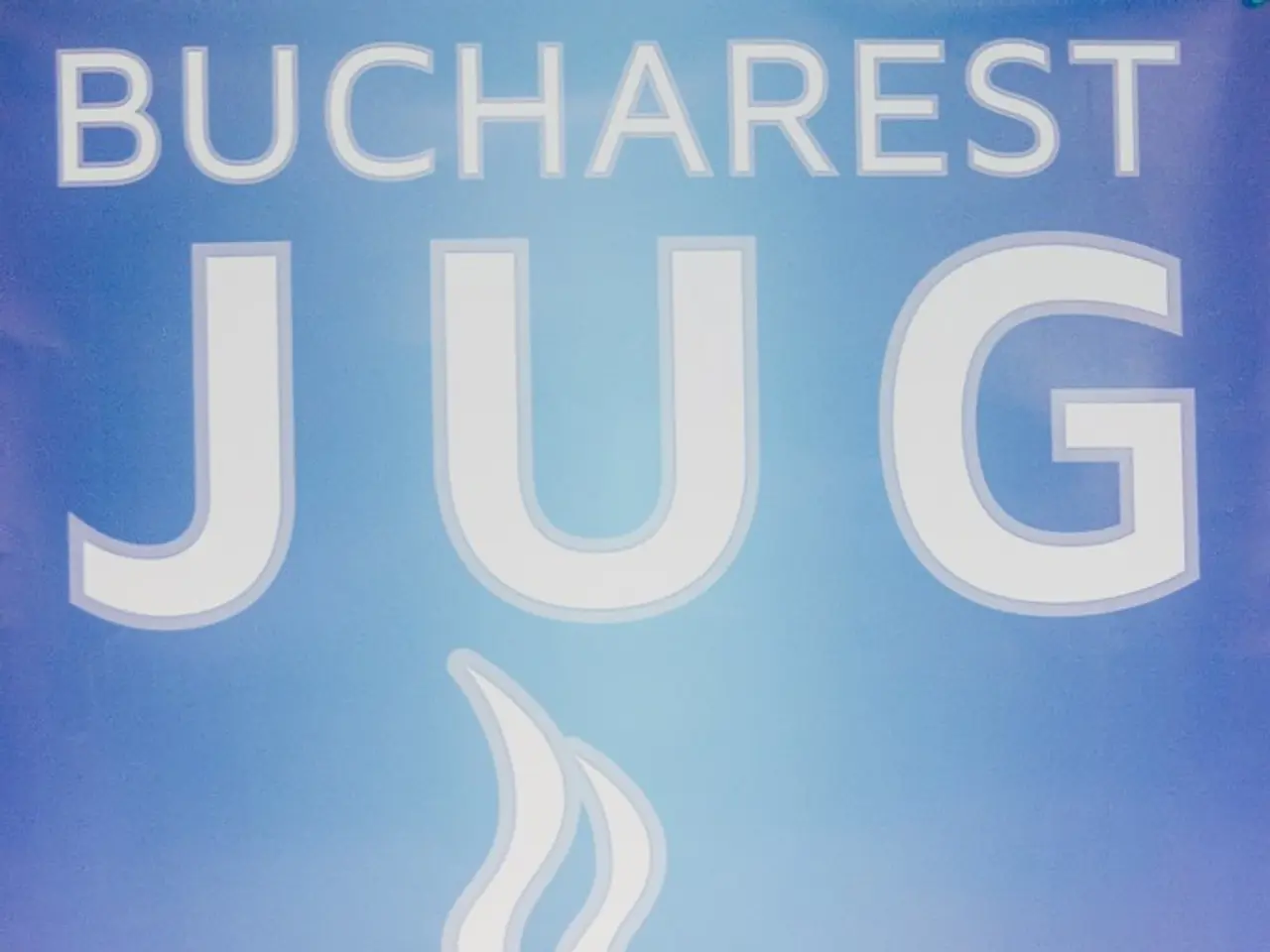Discussion Surrounding Markel Group's Stock
In the world of financial conglomerates, Markel Group Inc. stands out as a formidable player, often referred to as a "mini Berkshire Hathaway." Founded in 1930 as a small insurance company, Markel has evolved into a diversified entity with businesses spanning multiple industries.
At its core, Markel operates primarily as a specialty insurance company, focusing on excess and surplus lines that cater to niche and complex insurance markets that traditional insurers often avoid. This focus on unique risks has led to the development of tailored solutions for various industries, including recent expansions into emerging sectors like cybersecurity and renewable energy.
Similar to Berkshire Hathaway, Markel invests its insurance float in the stock market. Its investment portfolio is valued at around $11.3 billion and includes a significant stake in Berkshire Hathaway itself. These strategic equity investments have yielded a strong annualized return of about 12.8% over the past five years.
Markel's third pillar is Markel Ventures, a division that acquires and manages a portfolio of operating businesses outside of insurance. Unlike Berkshire Hathaway, which tends to acquire large companies, Markel Ventures focuses on smaller or early-stage companies with high growth potential. Its holdings range from luxury goods to homebuilding and generated $5.1 billion in revenue recently, providing diversification and long-term growth avenues.
Markel's strategic initiatives include innovation in product offerings, investment in technology, expansion into emerging markets, and long-term value creation. The company's leadership has a strong track record of integrity and prudent capital allocation, aiming for sustained shareholder value creation.
In 2024, Markel generated $1.8 billion in capital gains from its stock investment and $520 million in operating profit from its business ventures. The company also generated $17 billion in revenue and $3.7 billion in operating income in the same year. Despite the volatility often associated with the insurance industry, Markel has incurred underwriting losses in only three years over the last two decades, with losses being minimal (less than 5%).
Markel's CEO, Tom Gayner, is a proven capital allocator, who will continue to invest prudently to build up the company's value over time. The steady cash flow from Markel Ventures reduces Markel's earnings volatility and extends the window of opportunity for future capital allocation.
Markel's focus on technology and emerging industries positions it well to leverage evolving market trends. With its three-engine compounding model and Tom Gayner at the helm, Markel should continue to deliver shareholder value over the next decade and beyond. For investors keen on monitoring promising financial conglomerates, Markel Group Inc. is a company that warrants close attention.
- Markel Group Inc., like Berkshire Hathaway, invests its insurance float in the stock market, with a significant stake in Berkshire Hathaway itself.
- Markel Ventures, a division of Markel, acquires and manages a portfolio of operating businesses outside of insurance, focusing on smaller or early-stage companies with high growth potential.
- For investors keen on monitoring promising financial conglomerates, Markel Group Inc. is a company that warrants close attention, due to its focus on technology and emerging industries, and its three-engine compounding model.




